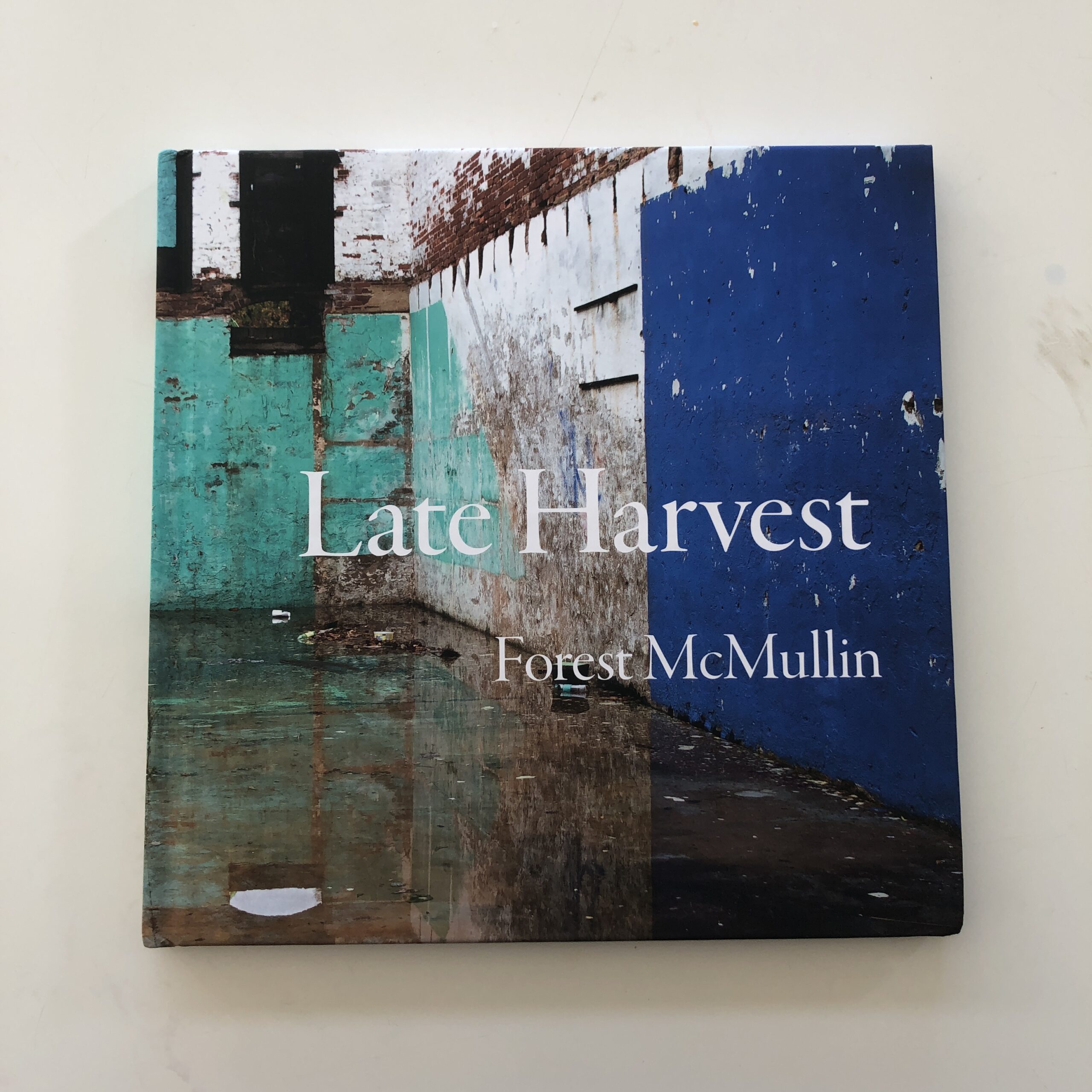
Do you remember 9/11?
I sure do.
After the shock, and the inability to look away from the television screen all day, (Thank you Peter Jennings, RIP,) I vividly recall walking around for a couple of weeks in a haze.
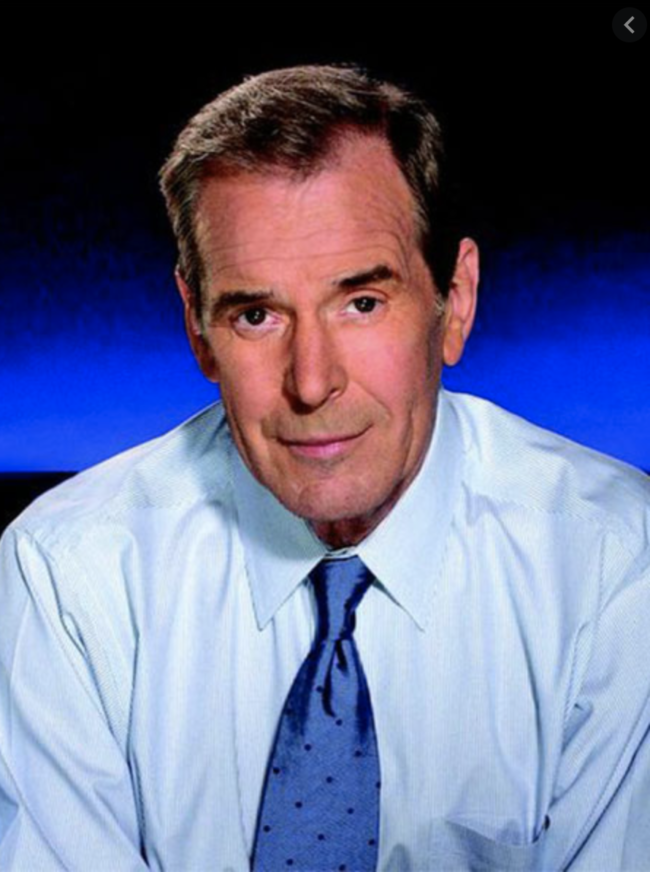
What happened was so far outside my frame of reference, it felt like life was a movie, and I just wanted the credits to roll.
“Please,” I thought, “let things go back to normal.”
But they never did.
Sure, after a few years things chilled out a bit, at least until the Great Recession, yet life never returned to the way it was before the Twin Towers came down.
(No more Pax Americana.)
In the aftermath, we heard a lot about how so many young, angry, under-or-unemployed Muslim men around the world had nothing better to do than fume about America, and plot our downfall.
How they couldn’t afford to have girlfriends or wives, and they sat around all day, waiting in coffee shops.
How they had been “radicalized” by information that was essentially brain-washing. How certain clerics spoke directly to them, to their fears and anxieties, and convinced them violence was the only answer.
Though there had been major attacks in the lead-up to September 11th, like the first Twin Towers bombing, or the attack on the USS Cole in Yemen, afterwards, there were no similar-level terror events on American soil.
It became much more about changes in airport routines, and the repetitive drone of “If you see something, say something” announcements on the NYC subways. (I lived there from 2002-05, when the city was still shell-shocked.)
Nearly 20 years have passed since that last epoch-shaking event in the US, and now we have ourselves another.
That’s how big a deal the attack on the US Capitol was: whether you call it a riot, a coup attempt, an insurrection, or the opening salvo of a 21st Century revolution.
Needless to say, I can’t think very straight 8 days later, and am surprised to even be writing this column. (Never missed a deadline; not about to start now.)
Thankfully, the photo-book-dieties are friendly to long-time columnists, so as I reached into my thick book stack today, looking for the oldest book there, I found something that came in just about this time last year.
It arrived before the pandemic hit, at a time when Donald Trump, for all his pure-awfulness, did not have the blood of nearly 400,000 Americans on his hands.
(Nor had he tried to destroy Democracy to protect his man-baby, hyper-fragile ego.)
When a year goes by, from submission to perusal, you can be sure I know absolutely nothing about the book in question, and take it on its merits.
Today, we’ll look at “Late Harvest,” by Forest McMullin, published by RIT press in 2019.
Given my limited brain capacity, I’ll tell you from the jump that this is a good book, perfect for the moment, but the photographs are not something at which I’d hurl superlatives.
Despite the fact that the artist’s opening statement makes mention of the brilliant Southern light, which illuminates colors with intensity, and the essay by Nancy McCrary that suggests these are not cliché, Southern-poverty-porn pictures, I disagree on both counts.
The light is often flat, and the portraits really could have used some fill flash. As to the subject matter, I have seen decrepit and abandoned Southern spaces many, many times before.
However…
The artist was a life-long Northerner who moved to the South on the cusp of the Great Recession, to shake up his life. (Along with his wife.)
They ended up in Atlanta, Georgia, (which has been in the news a lot lately,) and subsequently, Forest began a long-term project cruising only the smallest roads of the Deep South, with paper maps. (No GPS.)
I reviewed a book with a similar premise a few years ago, “True Places,” by Jack Carnell, published by Fall Line Press in Atlanta, and found those photos to be superior, technically speaking.
But this book feels like it dug into a vein of truth in the contemporary South, as there are interviews that both give a strong sense of the artist as a down-to-Earth, likable guy, and also one who displayed curiosity, kindness and empathy to the people he met along the way.
There are white people inside, including a small shopkeeper who longs for Trump to make gun silencers legal, and a bar owner who once brained her man with a baseball bat, and claims it’s the only “white bar” in her town.
Racism!
But there are also African-Americans who run makeshift bars, hair salon/sandwich shops, or are Mayors and Preachers simultaneously.
Taken together, the Deep South comes off as the kind of place that opportunity forgot.
A place that is still very rooted in the impact of the Civil War.
A place where you have to leave for the city if you want to have any chance at a decent living, or if you want to meet a partner in mid-life, because you’re tired of being alone. (Actual details from within.)
I guess what I’m saying is I don’t LOVE these photographs, but I find this to be a powerful, anthropological book that gives us a window into the vanquished Confederacy.
I know not all the insurrectionists last week were poor and white, (only most of them,) but they certainly felt like today’s America had let them down.
In fact, just this morning, (Friday, as I’m editing,) I found this quote in WaPo, about the QAnon-Shaman-asshole, from his lawyer:
“He took seriously the countless messages of President Trump. He believed in President Trump,” Watkins said. “Like tens of millions of other Americans, Chansley felt — for the first time in his life — as though his voice was being heard.”
Sure, the Trumpists have had the Presidency for 4 years, the Senate for longer, and just packed the Supreme Court for a generation.
But if your life sucks, you see no hope of improvement, and the President of the United States, your hero, keeps telling you whose fault it is, and then begging you to start breaking shit, can we really be surprised when the statues topple?
Are not Arizona and Florida Southern states, after all? (With AZ’s history as a slave-friendly territory.)
The answer is yes.
Yes they are.
So, how does any of this get better?
If I knew, I’d tell you.
For now, we can only hope.
To purchase “Late Harvest” click here
If you’d like to submit a book for potential review, please contact me directly at jonathanblaustein@gmail.com. We are particularly interested in books by women, and artists of color, so we may maintain a balanced program.
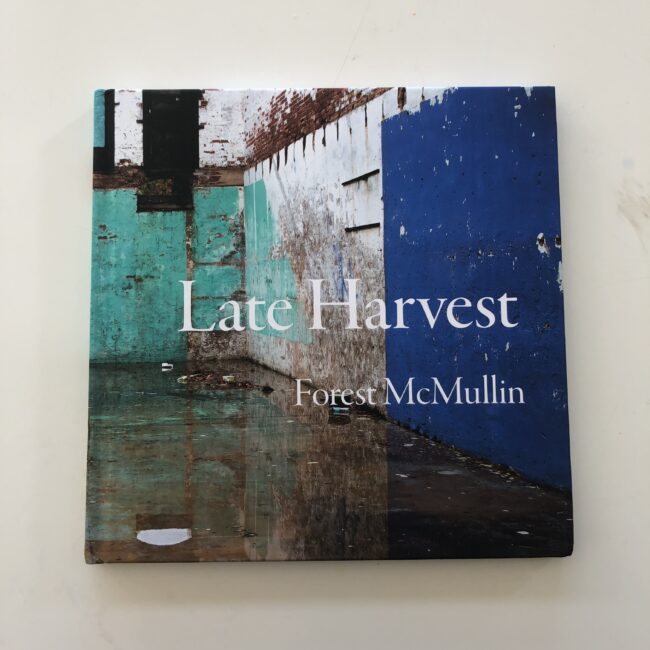
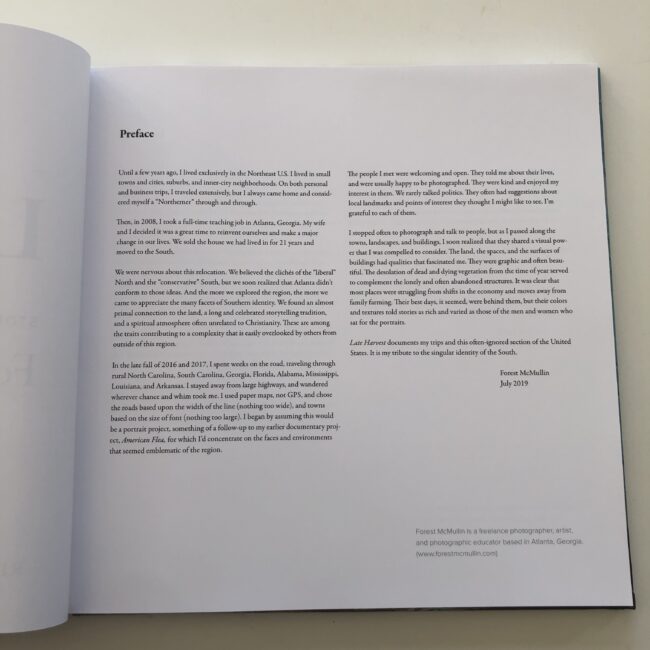
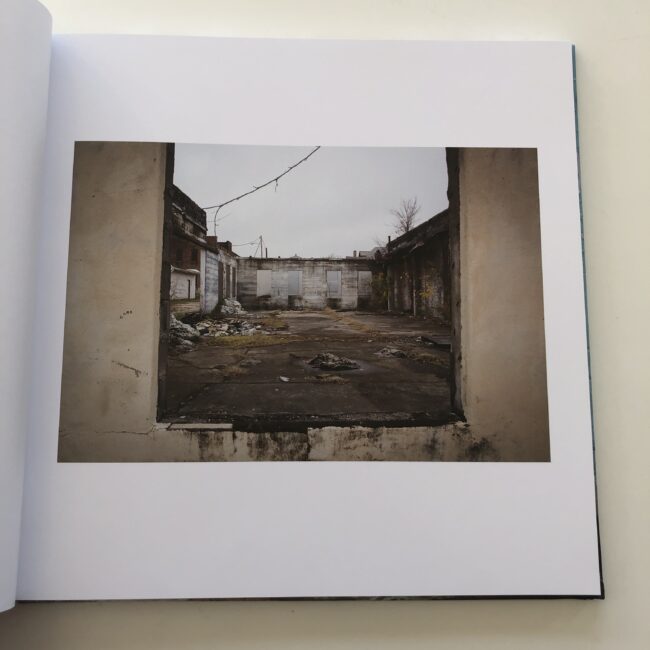
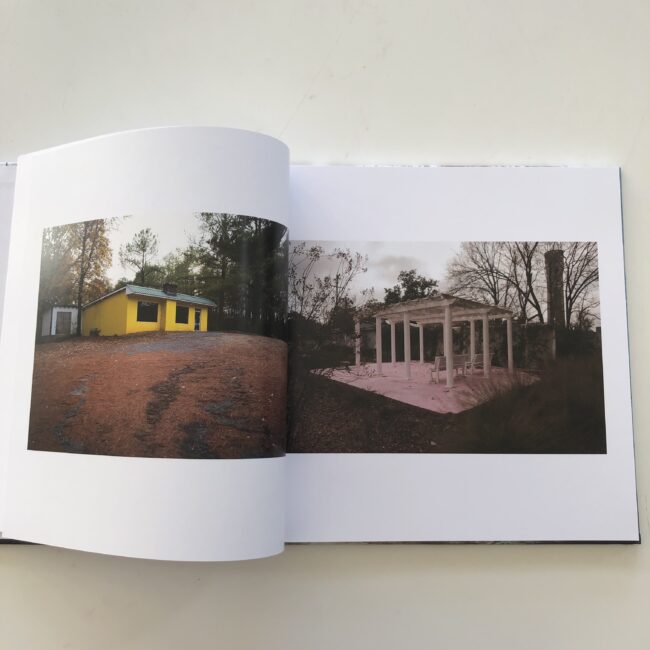
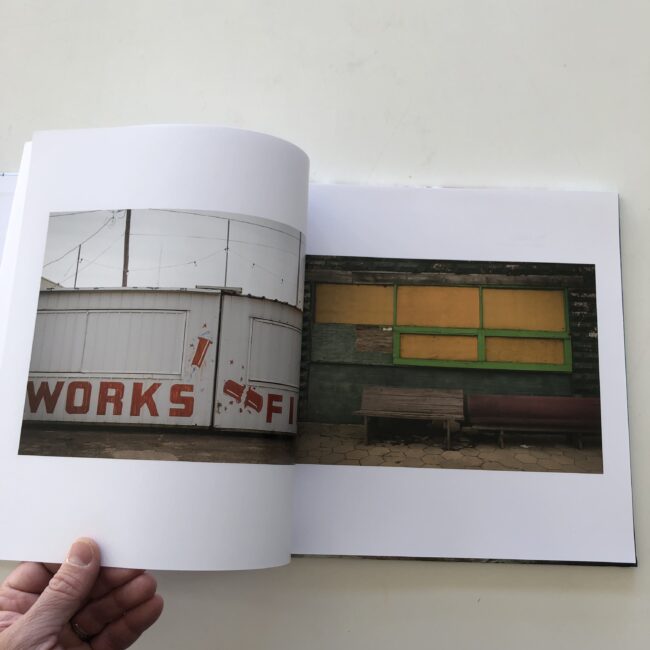
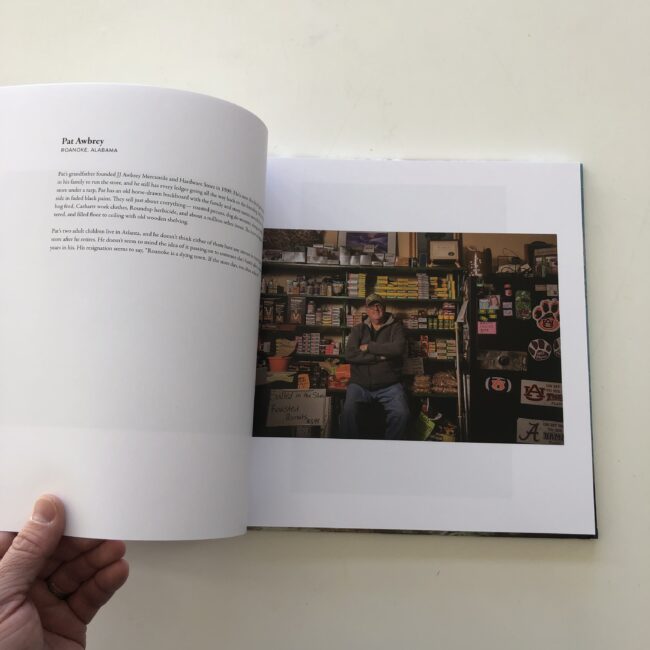
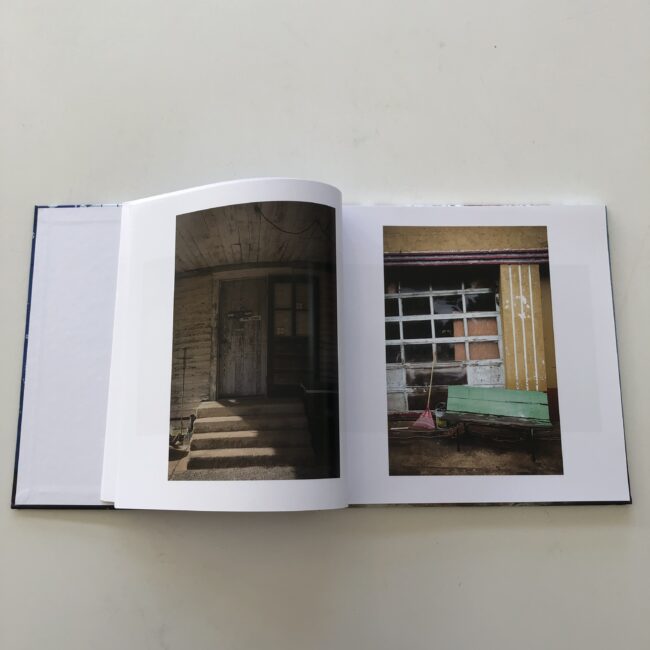
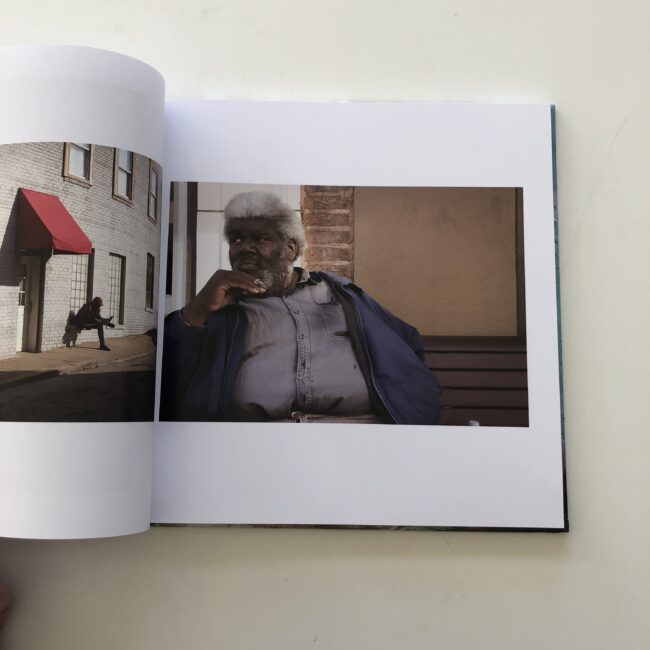

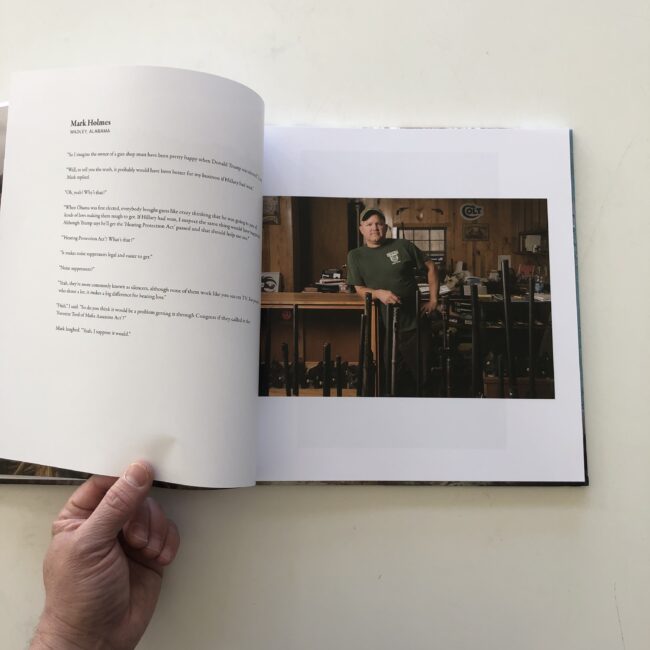
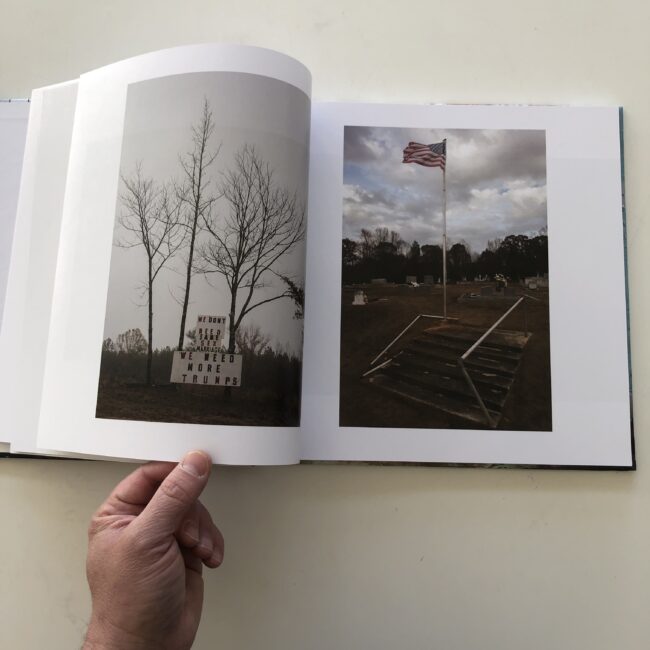
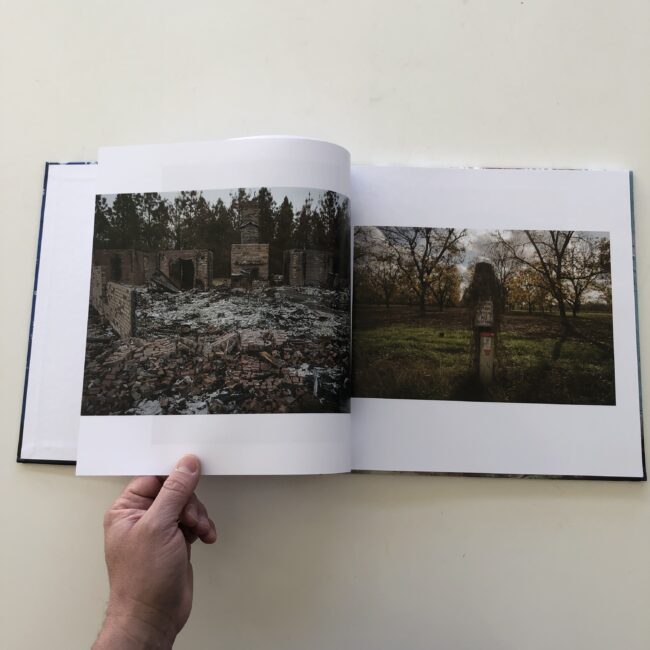
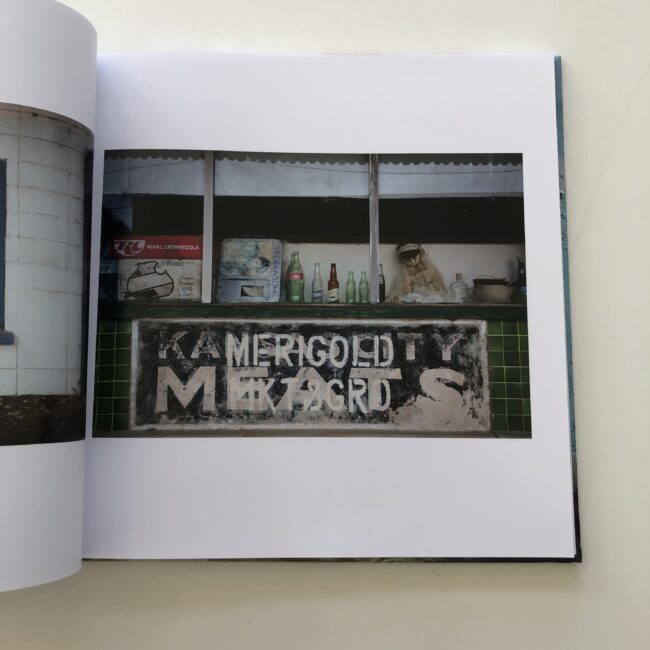
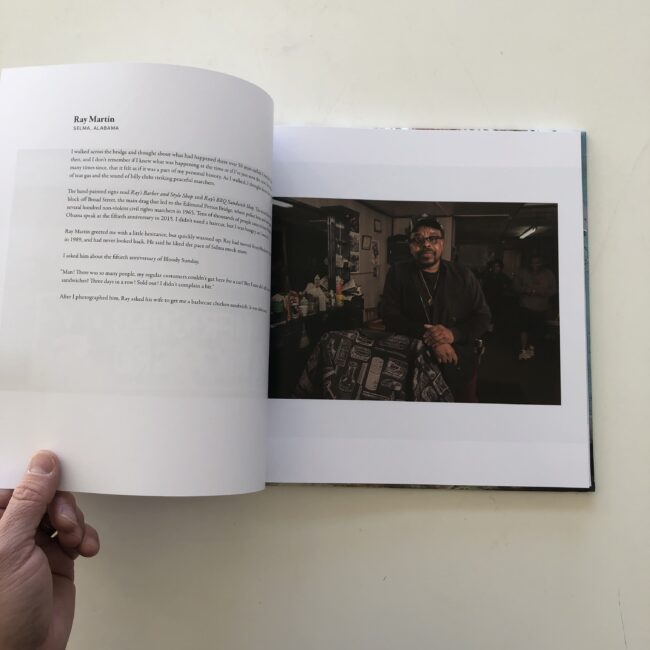
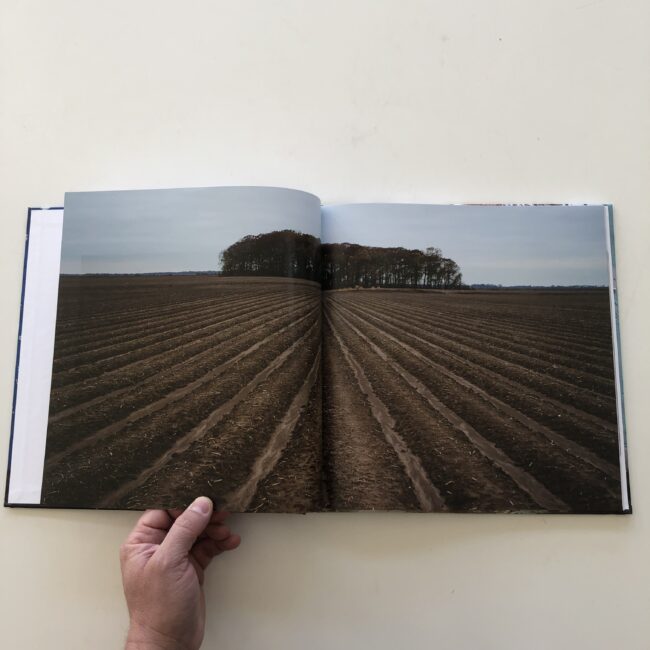
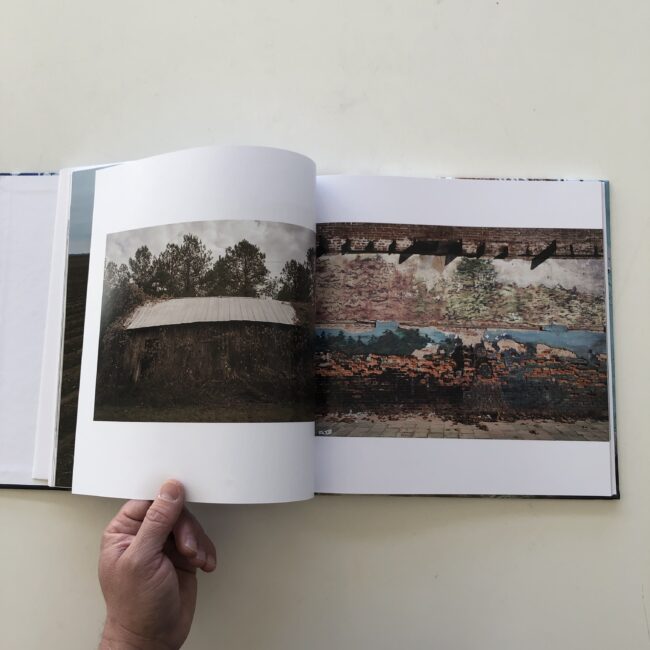
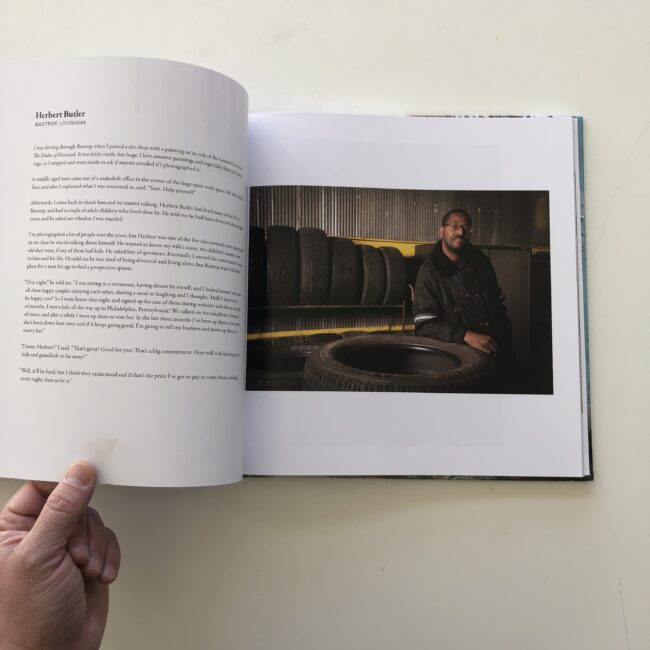
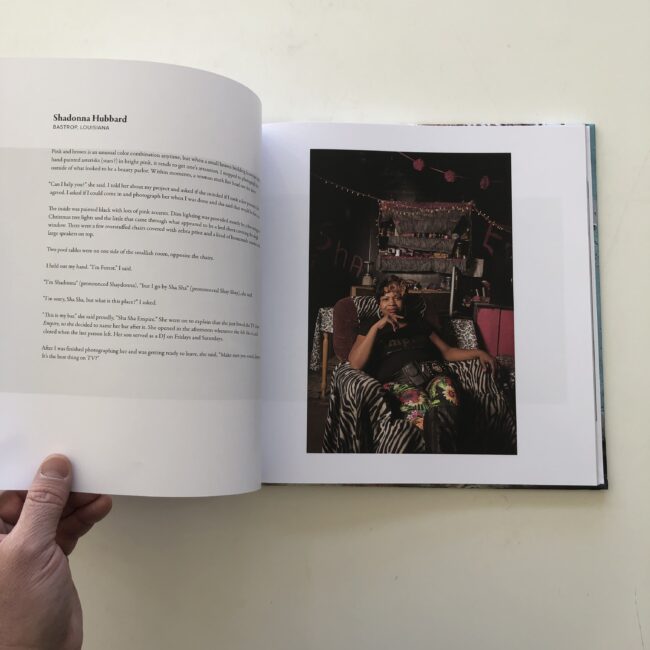
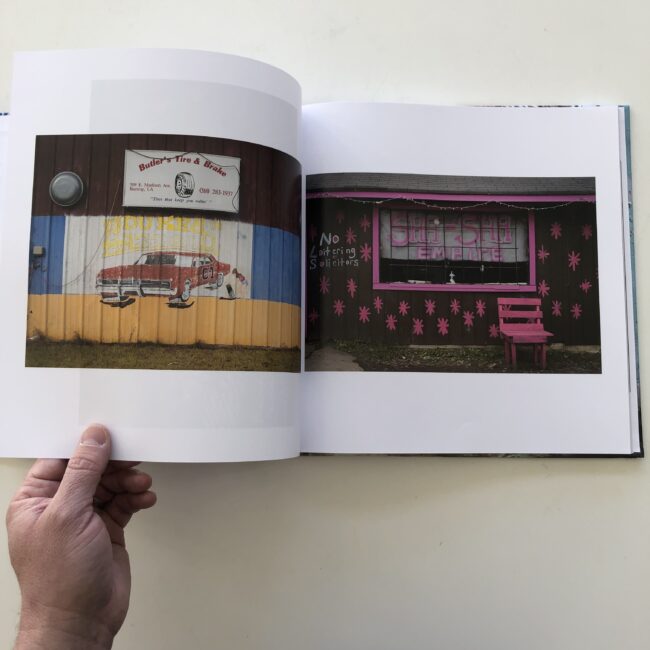
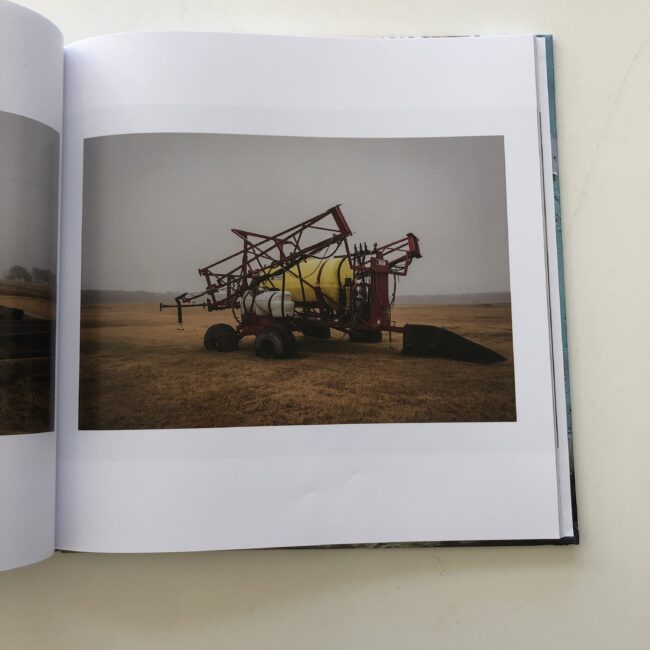
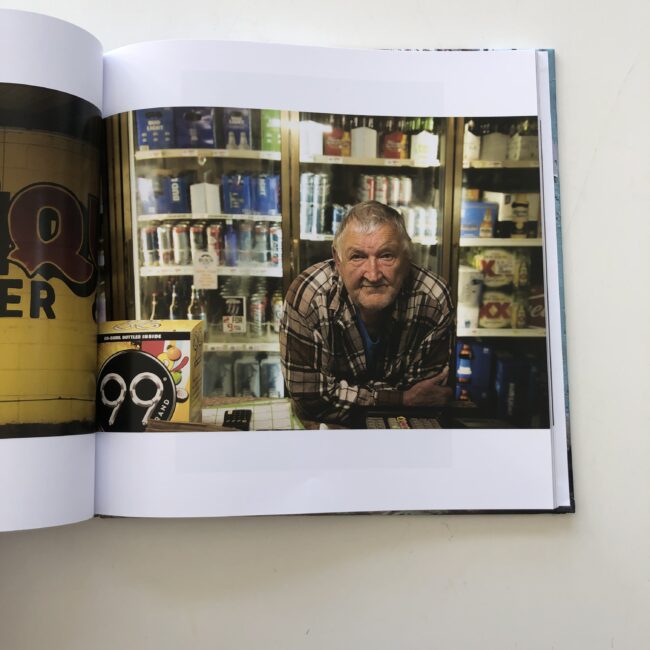
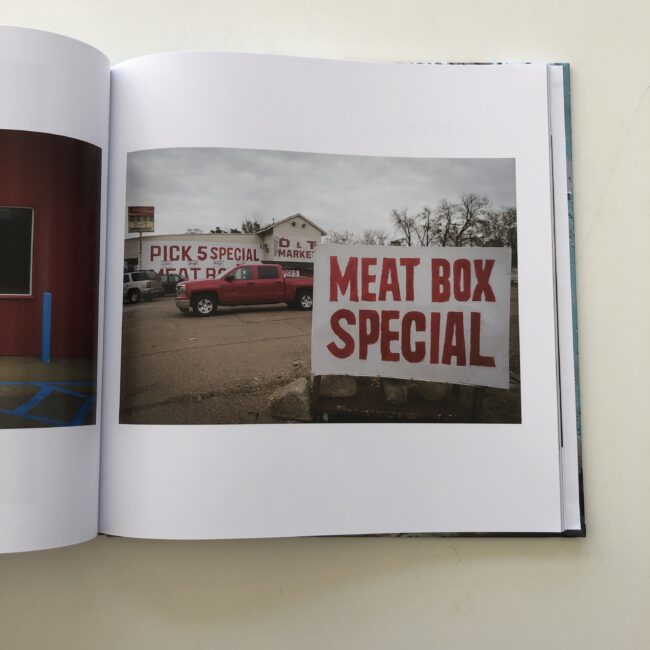
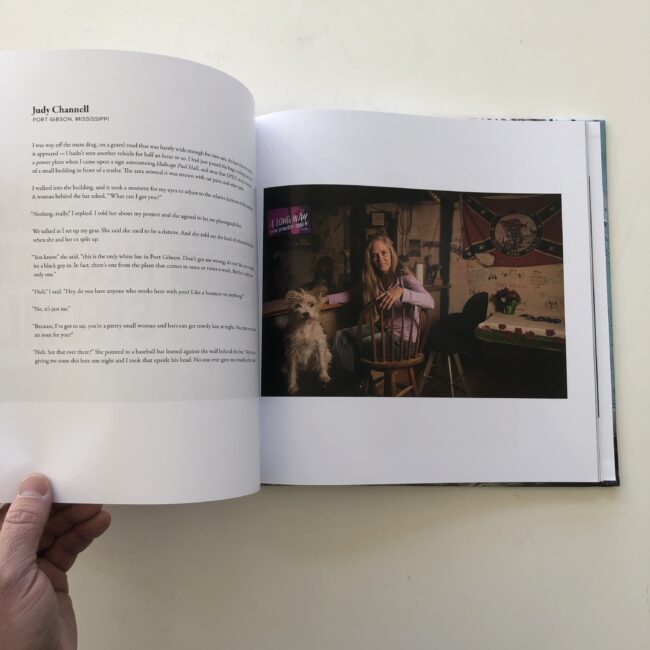
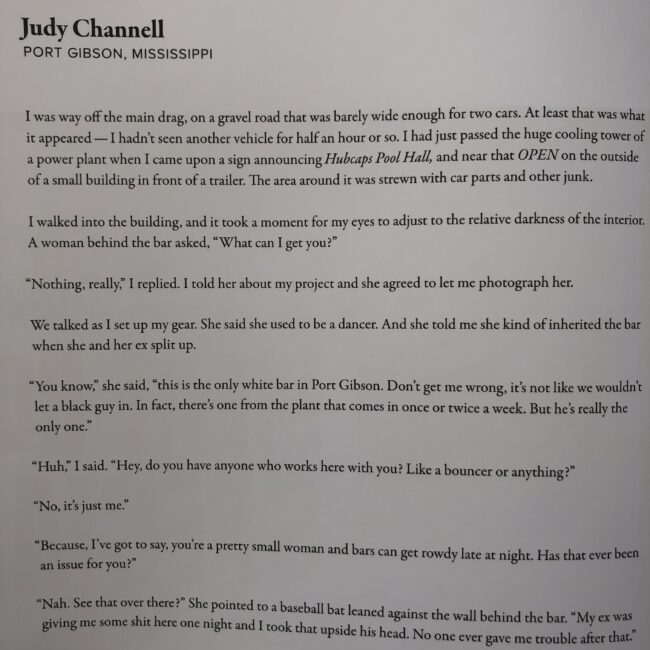
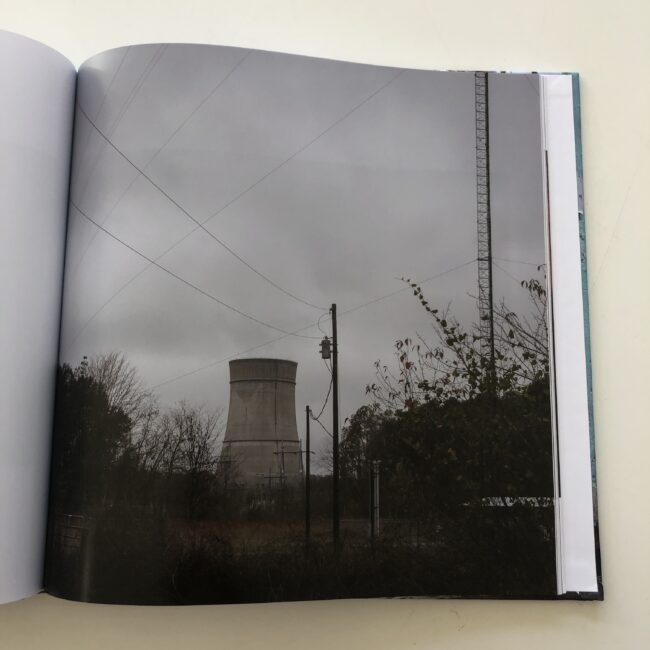
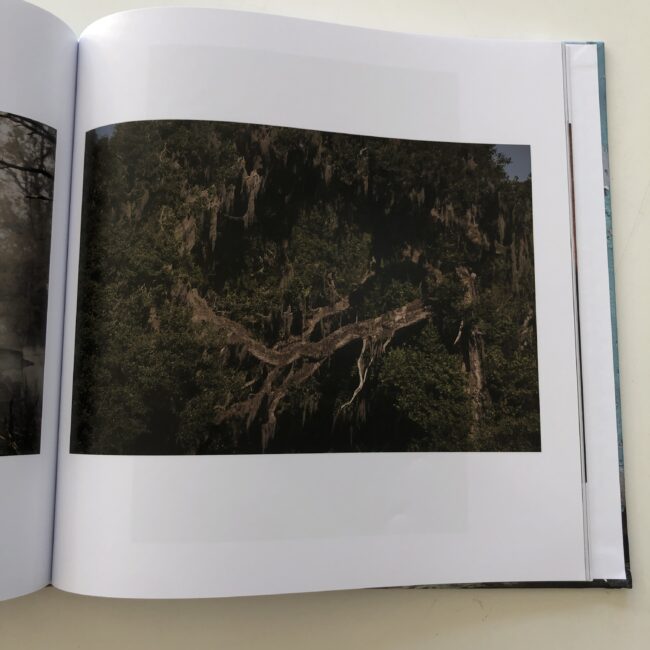
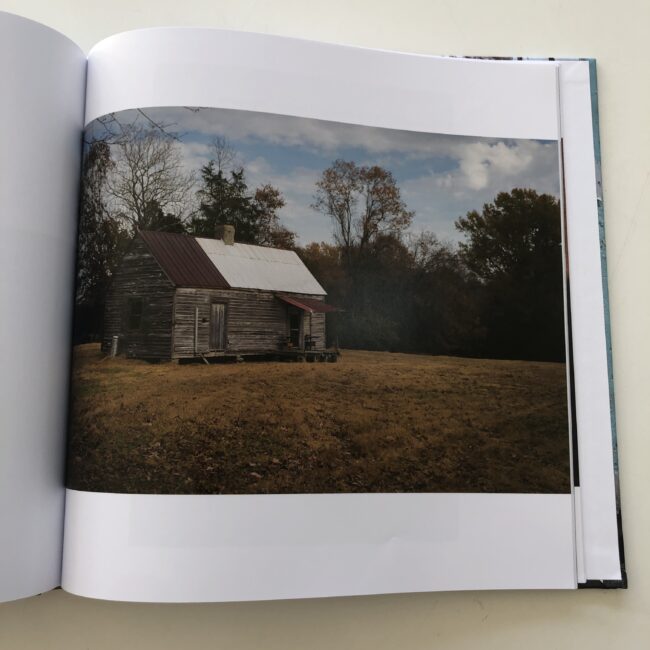
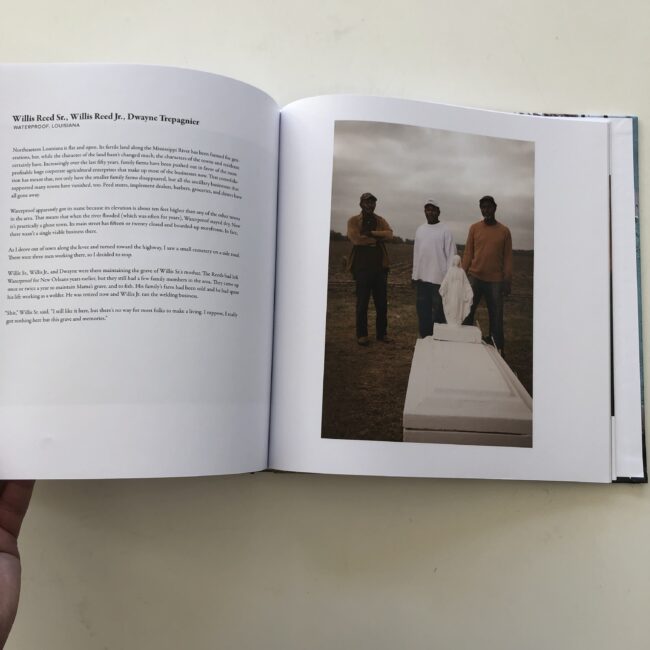
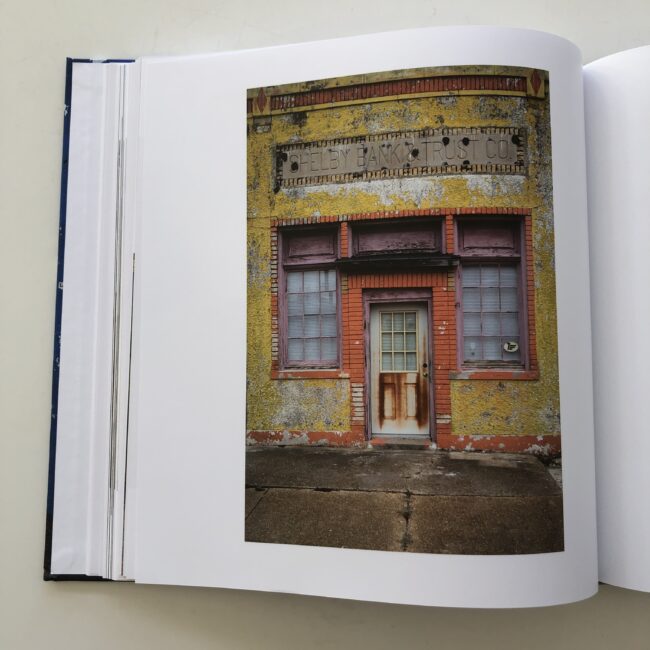
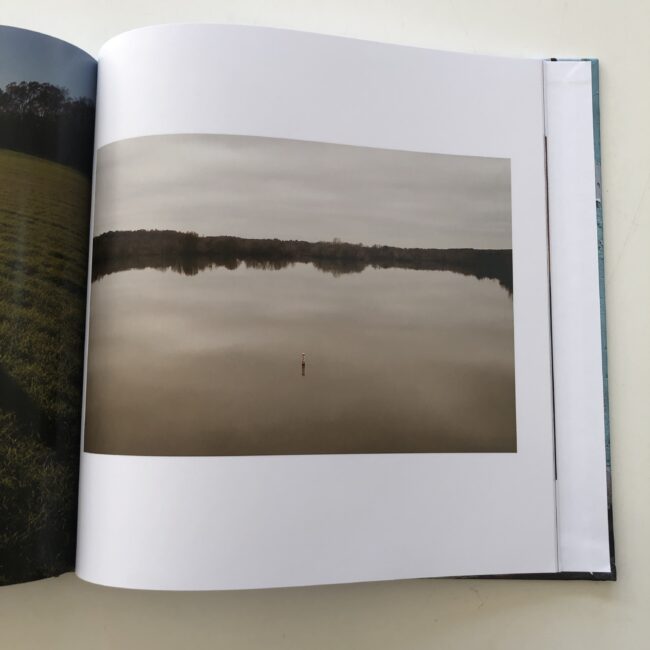
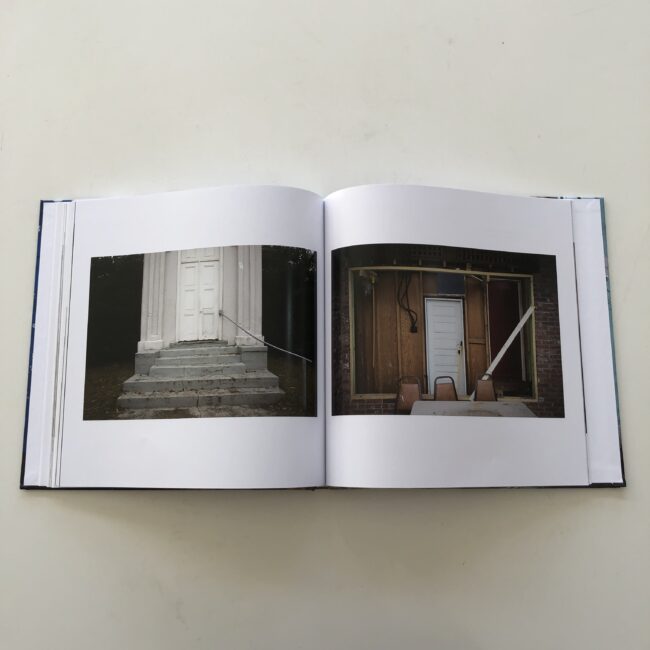
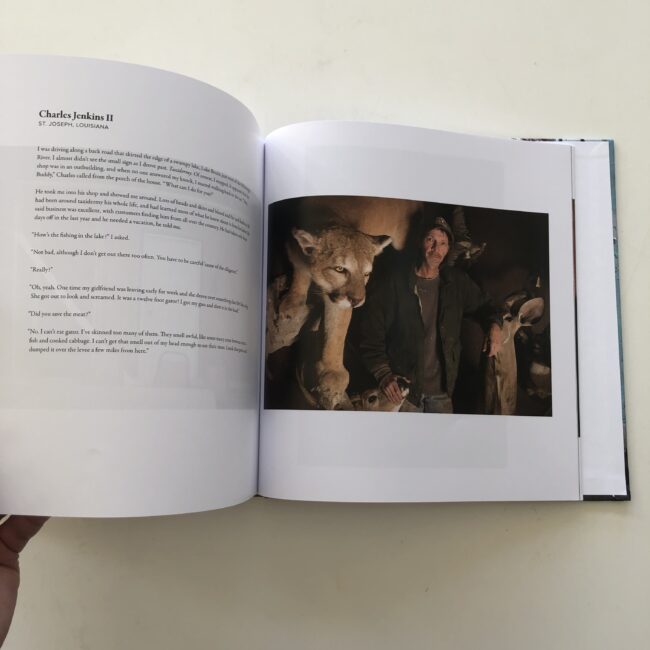
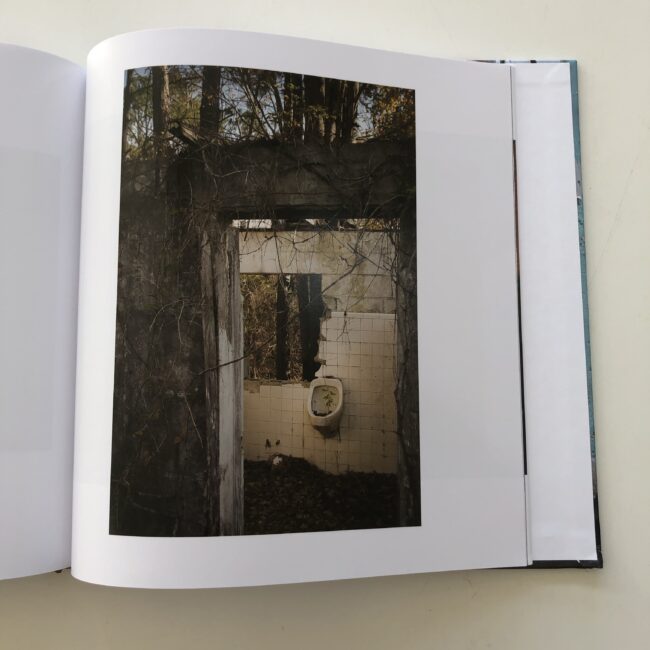
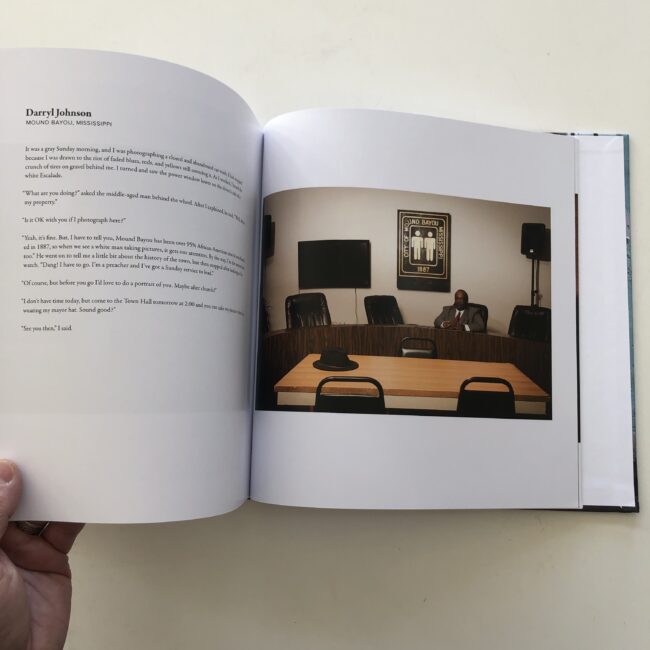
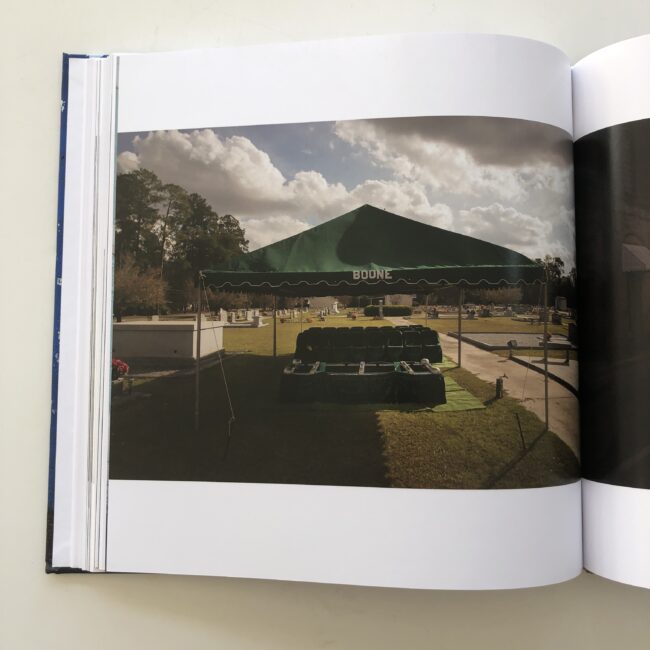
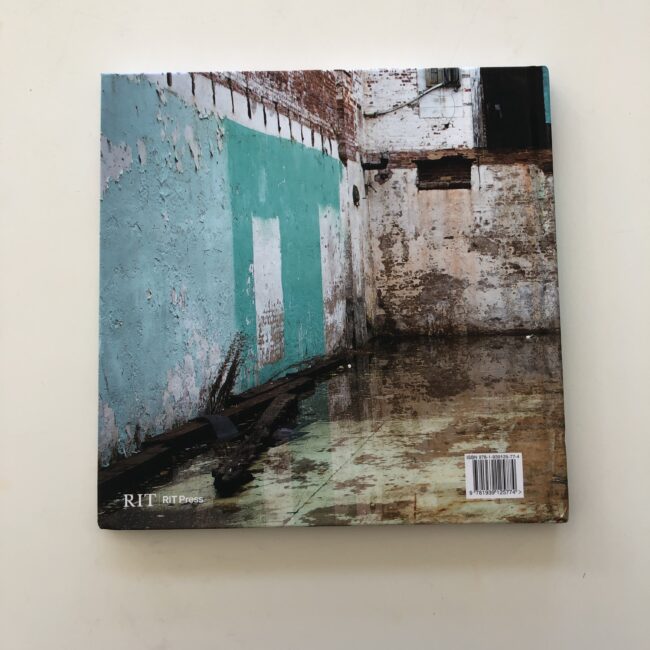
4 Comments
One avenue towards (eventually) making things better is to become a reality based society- the fact that even has to be said, let alone realized, is frightening enough! First, is for Trump and all Republicans to publicly admit they lost the (free and fair)* election. Until that happens, the impetus for further bloodshed will not subside- and Trump will never submit to reality…
*Despite their extensive voter suppression efforts
I hear you, Stan, but I’m not sure anyone can “force” other people to “accept” reality. The Chinese try that with their re-education camps, and I would never advocate for such a thing here. Not that I have much hope right now, but I think if Biden starts delivering fat $$$ checks to some of these haters, and then vaccines, and life goes back to normal in any way, that might begin a slow trickle of sanity for those who currently invest in alternative facts.
No, and never said as much- as far as using… “force.” As you implied, it will be a gradual, incremental process (at best)- where a tentative acceptance of some measure of trust can be established. But things would get a MASSIVE, ever so needed jump start if someone simply had the balls to admit that it was, in fact, his voting fix claim that was the actual fraud!
PS- Also keep in mind that Trump had Anti-Vaxxer roots- he welcomed the vaccine because it offered an easy out for his whole Covid mismanagement and disinterest. Many of his Anti-Masker followers want no part of the vaccine…
Agreed. Didn’t mean to imply you were advocating for re-education. And yes, the Big Lie needs to be acknowledged at some point by R’s with power. Stay safe out there, Stan!
Comments are closed for this article!